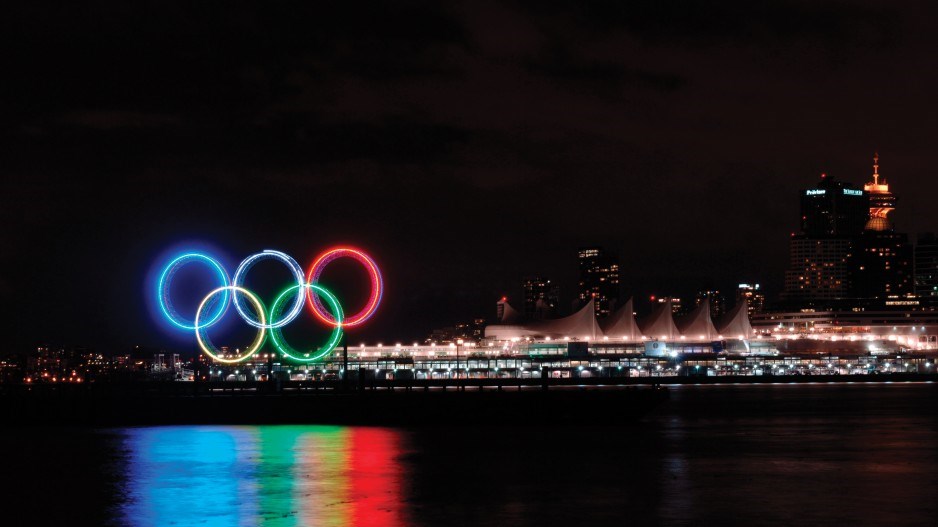Perhaps a 2030 Olympic and Paralympic bid was not the best thing for Squamish, the Sea to Sky or the province.
Like all large-scale events, there are pros and cons to both going ahead and not.
What is truly unfortunate is how the provincial government quashed the idea.
As a reminder, the focus on the importance of government prioritizing and collaborating on Indigenous sports initiatives.
While the prospect of a bid isn’t officially dead, it might as well be without the province’s funding support.
The decision may have been the necessary one, but the was not going to back the world’s first Indigenous-led games was not reconciliation.
B.C.’s Minister of Tourism, Arts, Culture and Sport Lisa Beare said the $1.2 billion in direct costs and $1 billion in risk was too much for the provincial government to shoulder, given other critical needs.
Fair enough.
But Beare’s nod to “Indigenous partners,” late in the government’s published statement explaining its decline to support the bid, rings hollow when, according to Sxwíxwtn Wilson Williams, a S岣祑x瘫wú7mesh Úxwumixw (撸奶社区Nation) councillor and spokesperson, the four host nations were not at the table to plead their case regarding the province’s decision.
The four nations — Bil虛wat7úl (Líl虛wat), x史m蓹θk史蓹y虛蓹m (Musqueam), Skwxwú7mesh (Squamish) and s蓹lilw蓹ta涩 (Tsleil-Waututh) nations — the Canadian Olympic Committee (COC), the Canadian Paralympic Committee, and the municipalities of Whistler and Vancouver have been investigating the prospect of a deal for months.
High up in the provincial government release Beare says:
“I know that the prospect of hosting these Games is exciting to athletes and sports fans. However, the province has the responsibility to weigh the benefits with the costs and possible risks of the project.”
She does not seem to get the mega role reconciliation was playing in this whole proposal. Turning it down is a blow to Indigenous leaders, and members, particularly for youth.
As Williams said previously, this would have been a chance for Nation youth to be inspired.
That is what was at stake here. Not the winners and losers of sports medals.
“We were [told] this ain’t the right time. When will be the right time for Indigenous peoples to be at the forefront in this so-called spirit of reconciliation?” Williams asked in a .
If the four nations were truly partners, provincial leaders would have sat down with them and presented their concerns and looked for solutions, feedback and advice.
Any spouse knows that making a major decision — to buy a house, or car, for example — without hashing it out with one’s partner is a recipe for icy relations going forward.
The provincial government should expect the same from its “Indigenous partners” going forward.
This, more than the lost opportunity of hosting the Games, is what is a darn shame.


